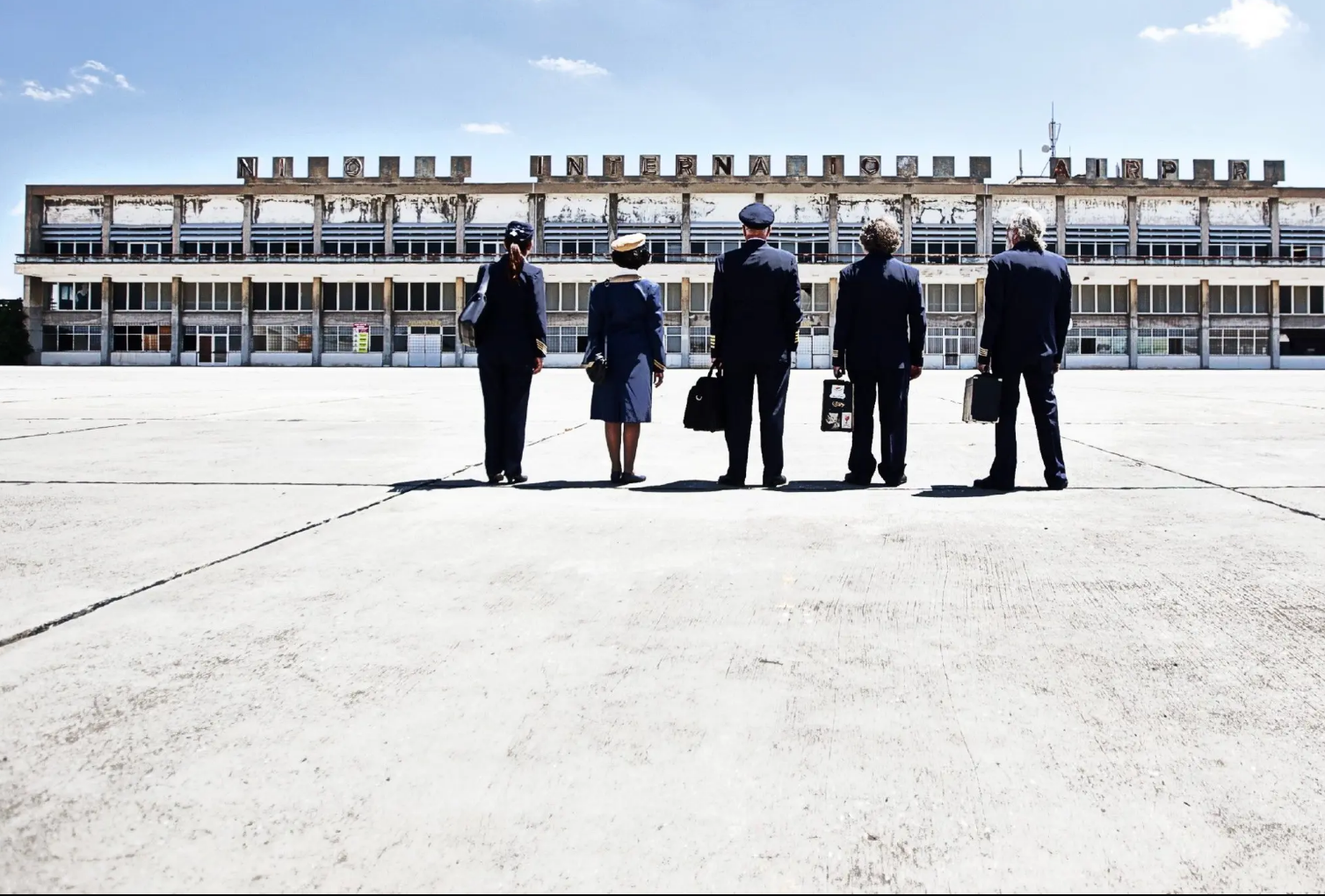Our judicial system cannot help keeping itself out of adverse publicity as, following last week’s Supreme Judicial Council decision not to confirm Doria Varoshiotou as a judge, we had a compelling decision by the European Court of Human Rights (ECtHR) against Cyprus.
The court lambasted not only the Cyprus Republic but also the deputy attorney-general himself personally for the failure to administer even the slightest resemblance of judicial propriety in the case of a woman who complained about her rape.
This came after the ECtHR found in February 2025 Cyprus guilty of mishandling the case of a British woman also complaining of rape, which ridiculed the Republic in the foreign press.
The deputy attorney-general in a statement following the ruling, after paying lip service with the usual “I take full responsibility” cliche, tried to shift the blame to “the over a long period lack of specific procedures and protocols”. This only added insult to injury, initiating a cascade of calls for his resignation. Chief among them was the victim herself whose heartfelt letter in the press must have felt like a hammer blow.
Hastily convening a press conference last Tuesday, the deputy attorney-general (sitting next to the attorney-general for support) once again tried to distract the issue by arguing that his resignation would constitute a threat to the administration of justice in Cyprus. He tried to base his case on the fact that the European court had not established bad intent or an untoward motive on his behalf, and that officials of the judiciary could not be expected to resign every time a case was decided against them. While the last point may be true, the severity and the manner of the European court’s decision would leave no doubt as to what any reasonable individual would do.
What adds credence to the call for his resignation is his claim that he did not pursue the victim’s complaint through the courts because he was concerned that the case could be lost, and that this would discourage other victims from following up with similar complaints in the future. That alone destroys any trust in the attorney-general’s office, and its subsequent offer to now file action based on her complaint.
This lack of faith in the judicial system is magnified when one goes carefully through the documents that Varoshiotou’s lawyers have made public.
I cannot endorse the view, as many people want to believe, that there was a conspiracy to get Varoshiotou because of her decision in the Thanasis case, in which she returned a murder verdict, going against the attorney-general’s 20-year-old narrative. Such a conclusion is almost impossible to draw, in that it would imply that all the seven council judges in the case had malevolent intent. I doubt this is the case.
What, however, is evident at least to me – and I say this with the experience and knowledge from a life as a Human Resources (HR) manager I left behind some time ago – is that this has the hallmark of a grossly mishandled HR problem that turned what was potentially a star employee into a disgruntled one.
The trigger that led to Varoshiotou’s non-confirmation was her recent verdict (on 15/5/2025) on two seemingly inconsequential and uncontested cases where her decisions as to the cause of death were allegedly not endorsed by the head of the Limassol Administrative District Court. Varoshiotou alleges that she could not bring the cases to a close without the district court’s sign off. No doubt, Varoshiotou was concerned that the head of the district court was trying, as with the Thanasis case, to influence her to change her verdict on the two cases, something that impeached her independence to reach a verdict.
She came up with an innovative judicial approach to solve her problem – note the absence of protocols for such cases! – by litigating the two cases again, reaching a conclusion on 15/5/2025 that her previous verdict was the right one, and that the request by the district court to change it was not appropriate. Inevitably, either by design or not, the media got wind of the conflict between the judge and the district court and gave it coverage from which the council finally awoke from its slumber.
The council, from the documents presented, seemed totally uninterested in whether or not there was any attempt to change the judge’s verdict, but was very concerned at the adverse press coverage that the dispute caused and the avenue that Varoshiotou chose to pursue. Without seeking to meet with the judge and seek direct explanations, after exchanging a few cursory letters, they went ahead with her dismissal.
It transpires that the communication channels between the council president and Varoshiotou had been broken well before then, with the origins probably over the Thanasis case. On a visit by the council – represented by the council president and another council member – to Limassol, the council met on 28/6/2024privately with Varoshiotou as part of its counselling and monitoring role of the performance of judges. This was about a month and a half after Varoshiotou’s infamous verdict in the Thanasis case, and only about two weeks after her disagreement with the head of the Limassol district court on the two other cases.
From an HR perspective, this would have been the perfect opportunity for the council to allow Varoshiotou to air her concerns and give some guidance on how to solve the impasse between her and the district court.
This does not seem to be what has happened. The only source of information as to the meeting is the letter that Varoshiotou sent to the council on 4/7/2024 expressing sadness that the meeting focused on her personal conduct during the Thanasis case – allegedly seeking publicity for her person – to which the council responded that her interpretation of the meeting was totally misunderstood.
It seems that the council is in a dire need of a HR consultant. Contrary to the law, where the focus is on the letter of the law rather than the substance, matters of dealing with people are far more delicate.
The council should take a very hard look at itself and reflect that the essence of a good judge is to have the independence of mind and ability to come out with sound decisions – something that Varoshiotou has amply demonstrated in the Thanasis case – and not to concentrate on minor procedural issues whose importance are of no consequence. This is the only way to ensure that the judicial decisions become more aligned with the sense of justice that the system should serve and is currently lacking in Cyprus.
The president of the Republic has a duty to be concerned about this state of affairs. He should ask the Supreme Constitutional Court for the deputy attorney-general’s dismissal on the grounds of gross incompetence. For the vacated spot, I have a certain judge on probation in mind. I think she would be open to new challenges and could possibly effect much needed changes to the system. How’s that for some free HR advice?
Loukis Skaliotis is an economist







Click here to change your cookie preferences